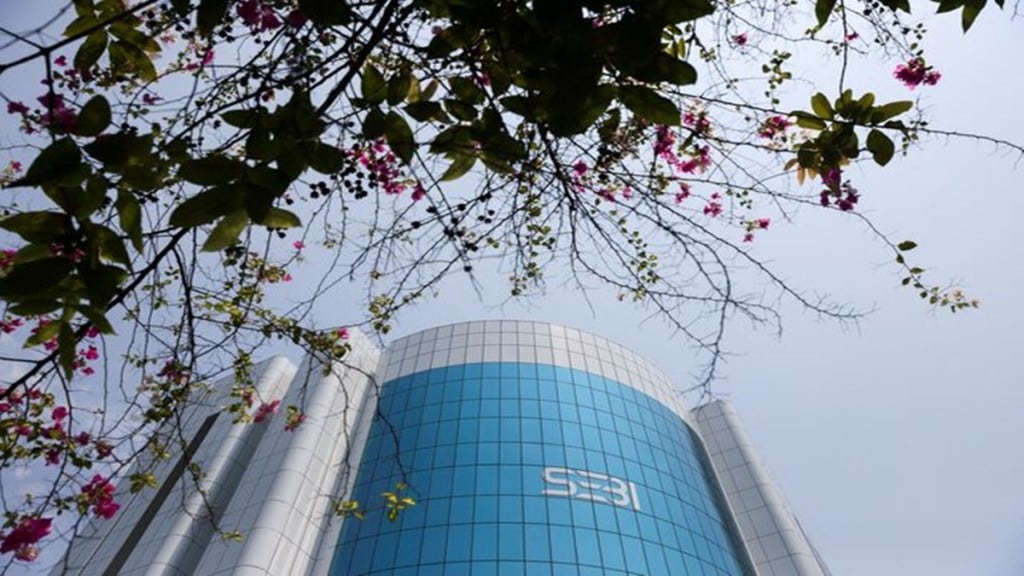The Securities and Exchanges Board of India (SEBI), in a consultation paper on Monday, suggested an increase in the threshold for transactions that require shareholder approval in Related Party Transactions (RPTs) under Listing Obligations and Disclosure Requirements (LODR) regulations. The threshold, based on annual turnover, could be raised to Rs 5,000 crore from Rs 1,000 crore.
The transactions below the raised threshold would not require shareholder approval, easing compliance. For RPT below Rs 15 crore, the market regulator proposes to do away with disclosures, reducing burden on smaller transactions. “It will enhance accountability of the management for shareholders of the listed entities. The changes by SEBI are aimed at strengthening the corporate governance regime in India,” said a senior partner at a corporate law-firm.
Graded disclosure framework introduced earlier this year
SEBI requires listed entities to obtain approval from the audit committee and shareholders for RPTs. Earlier in February 2025, it issued a circular on minimum information that must be provided to the audit committee and shareholders to review and approve RPTs. These standards classify RPTs by materiality and prescribe a graded disclosure framework: comprehensive, limited, and minimum disclosures based on thresholds related to turnover, net worth, and profit/loss.
SEBI’s RPT portal aims to boost transparency
It provided standardized formats and detailed information requirements for related parties, transaction history, justification for RPTs, valuation reports, and assessment statements from the audit committee.
They kicked-in from July to enhance transparency, improve corporate governance, and standardize disclosures for both audit committees and shareholders. SEBI launched an RPT analysis portal to improve public transparency by listed companies.

